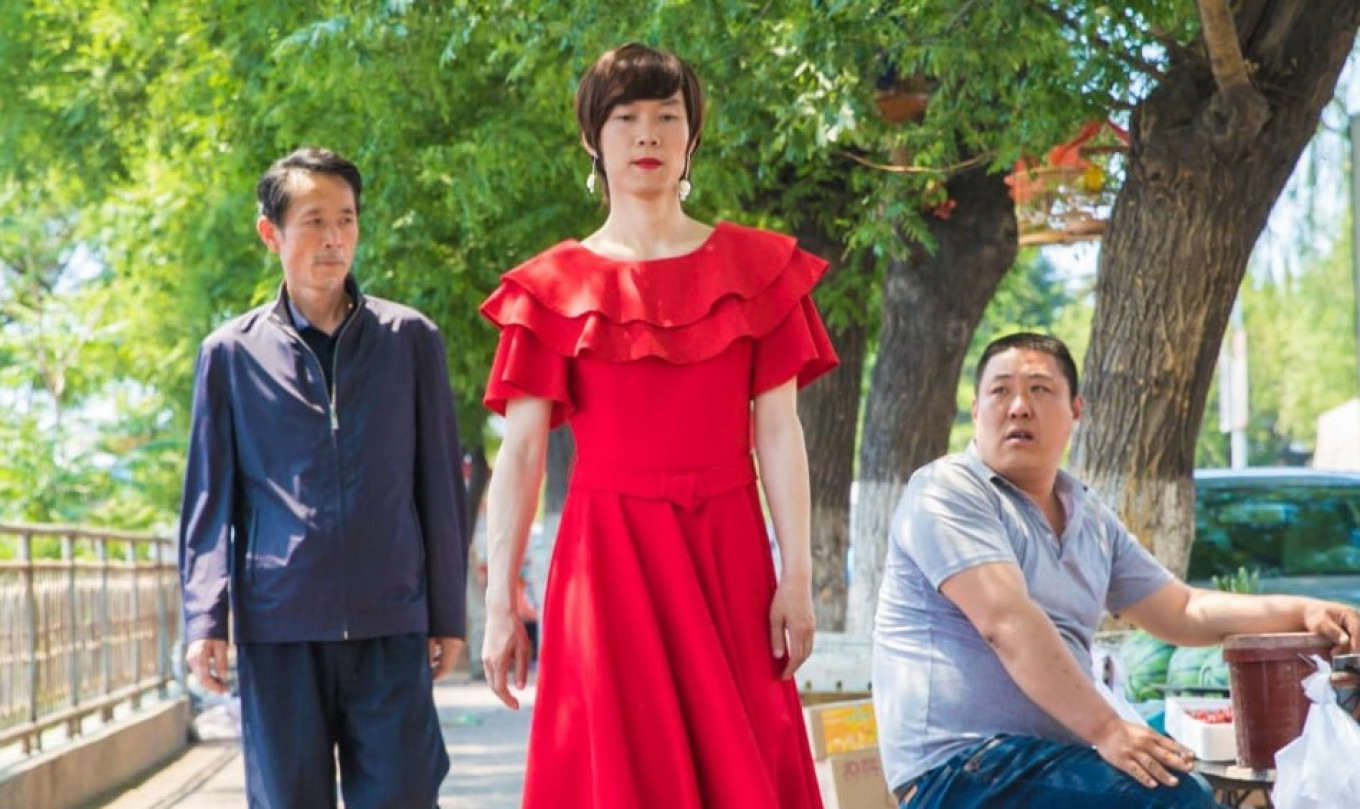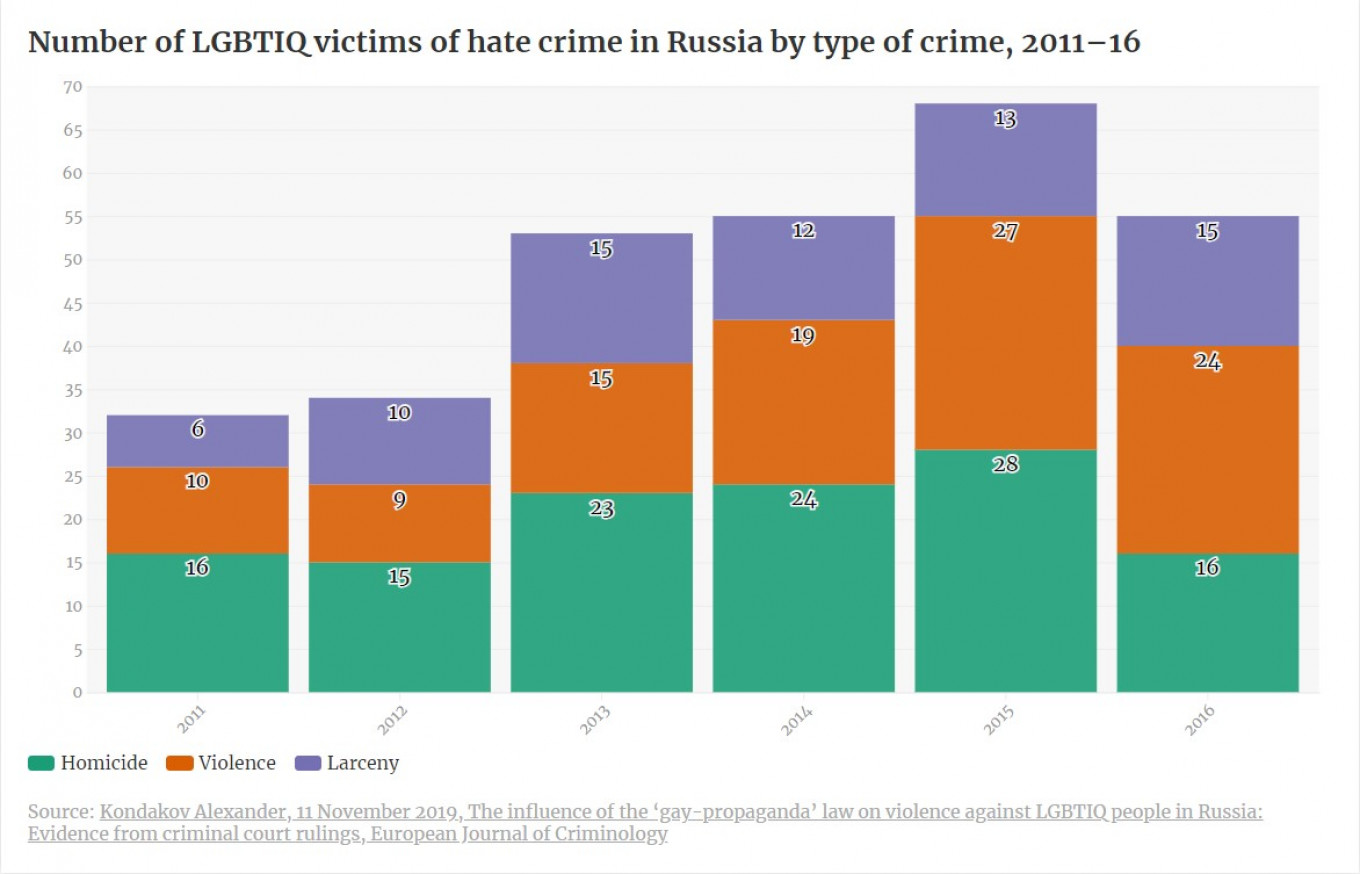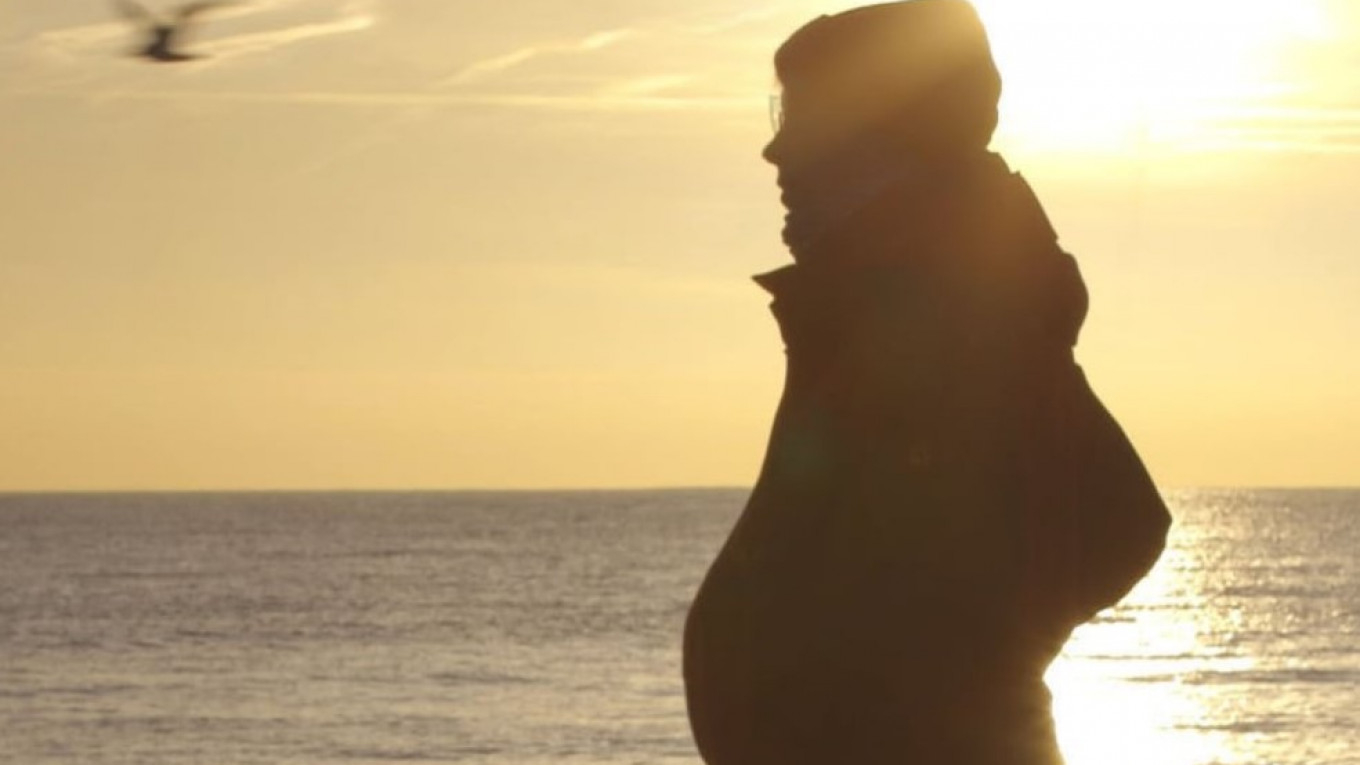It was not a smooth beginning or a novelty in the history of the LGBT Festival Side by Side when the opening ceremony of the 12th festival in St. Petersburg was interrupted on Thursday evening by a bomb threat.
Being regularly disrupted by hoax bomb threats, pickets of conservative activists, and even by the anti-gay Russian MP Vitaly Milonov, the organizers and the security were quick to react to the umpteenth bomb threat at the Sokos hotel where the ceremony was taking place this year.
Unfortunately, the bomb scares continued all weekend, forcing the organizers to skip one film when the police were slow to react.
Previous festivals such as the one in Moscow in May of this year also faced similar challenges when Side by Side was disrupted by coordinated anti-LGBT protestors and bomb threats. However, after years of inconclusive investigations and poor cooperation from the side of the authorities, this year the organizers thought they had been victorious.
“In recent weeks we won several court cases forcing the police to investigate three criminal incidents against us: two in St. Petersburg and one in and Moscow,” Manny de Guerre, a co-founder of the festival, told The Moscow Times.
“At present, the investigations are ongoing, but we are extremely pleased with this result and hope the perpetrators will be found and punished.”
With an anti-gay propaganda law in place that bans public access — “propaganda” — to information about non-traditional sexual relations, the film festival is one of the few occasions for the LGBT community in Russia to watch movies about themselves on a big screen and to participate in discussions about issues affecting the community.
Anastasia Kappo-Klevska, an interpreter at Side by Side, is a good example of how the film festival can empower the LGBT community. After seeing the film “Codebreaker” and a short cartoon about correctional rapes of lesbians, she finally decided to come out to her mother. “I knew that being silent and not being visible as a community meant people here in Russia will continue treating us like third-class citizens. The link between what I saw and how I decided to act afterwards was absolutely direct,” she said.
Each year, the festival brings different topics for discussion based on current socio-political developments. This year, a big part of the program is dedicated to the theme of gender identity. The documentary “Seahorse” by Jeanie Finlay, for example, tells the story of a transgender man and his desire to become a father, and the film “The Rib” looks at the acceptance of transgender children by their parents in China.

“This issue is also very relevant to Russia, as the transgender community is becoming active and visible and inevitably individuals will need to talk about this with their close family,” de Guerre said.
Each year the festival features many international guests and celebrities as singers, film directors and actors open a dialogue that is meant to be beneficial to both sides.
“All our guests have a great time and see Russia and the LGBT movement from the inside. They leave with a very different, positive perspective,” de Guerre said. “Naturally it is important that people from outside of Russia have a balanced picture. The story is not all doom and gloom!”
Members of the LGBT+ community often find it distressing to be in public spaces or among a big crowd. Miki (she prefers not to use her real name), a Chinese student and a member of the LGBT community, mentioned having faced different episodes of harassment during her stay in St. Petersburg. The festival is one of the few places in the city where she can fully be herself and feel safe, despite the bomb threats.
“When you are among the people here,” she said, “you know that nobody would harm you or take advantage of you, because if they attack you, they attack the whole community.”
Recently published research by Alexander Kondakov, a researcher at the University of Helsinki, showed that in the years immediately after the gay propaganda law was signed into effect, there was a significant uptick in hate crimes against the LGBT community in Russia. Although a causal link cannot be proven, Kondakov suggests that the ban might have might have let some people feel justified in committing acts of violence contributed against the LGBT community.
As a guest at the festival himself and a regular visitor, Kondakov strongly believes in the positive impact of Side by Side for Russian society, “It is the opposite of the hostile environment of the outside world,” he said. “It is a place of counter-narrative to the hostility and pressure that is so urgently needed in Russia and elsewhere today.”
The festival will continue until Nov. 21. More information about the festival, films and schedule can be found on the site.

A Message from The Moscow Times:
Dear readers,
We are facing unprecedented challenges. Russia's Prosecutor General's Office has designated The Moscow Times as an "undesirable" organization, criminalizing our work and putting our staff at risk of prosecution. This follows our earlier unjust labeling as a "foreign agent."
These actions are direct attempts to silence independent journalism in Russia. The authorities claim our work "discredits the decisions of the Russian leadership." We see things differently: we strive to provide accurate, unbiased reporting on Russia.
We, the journalists of The Moscow Times, refuse to be silenced. But to continue our work, we need your help.
Your support, no matter how small, makes a world of difference. If you can, please support us monthly starting from just $2. It's quick to set up, and every contribution makes a significant impact.
By supporting The Moscow Times, you're defending open, independent journalism in the face of repression. Thank you for standing with us.
Remind me later.







